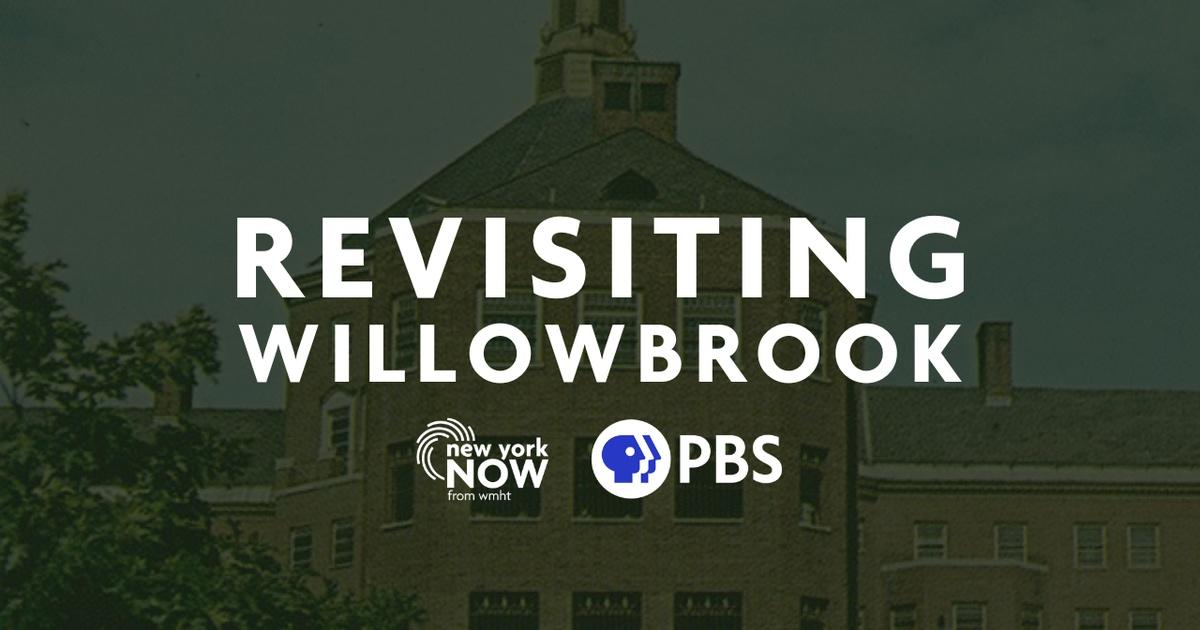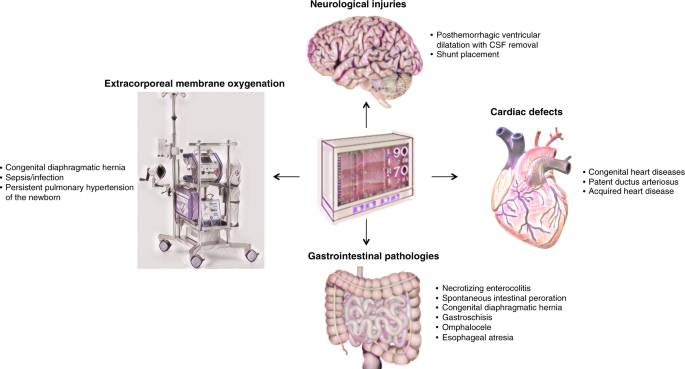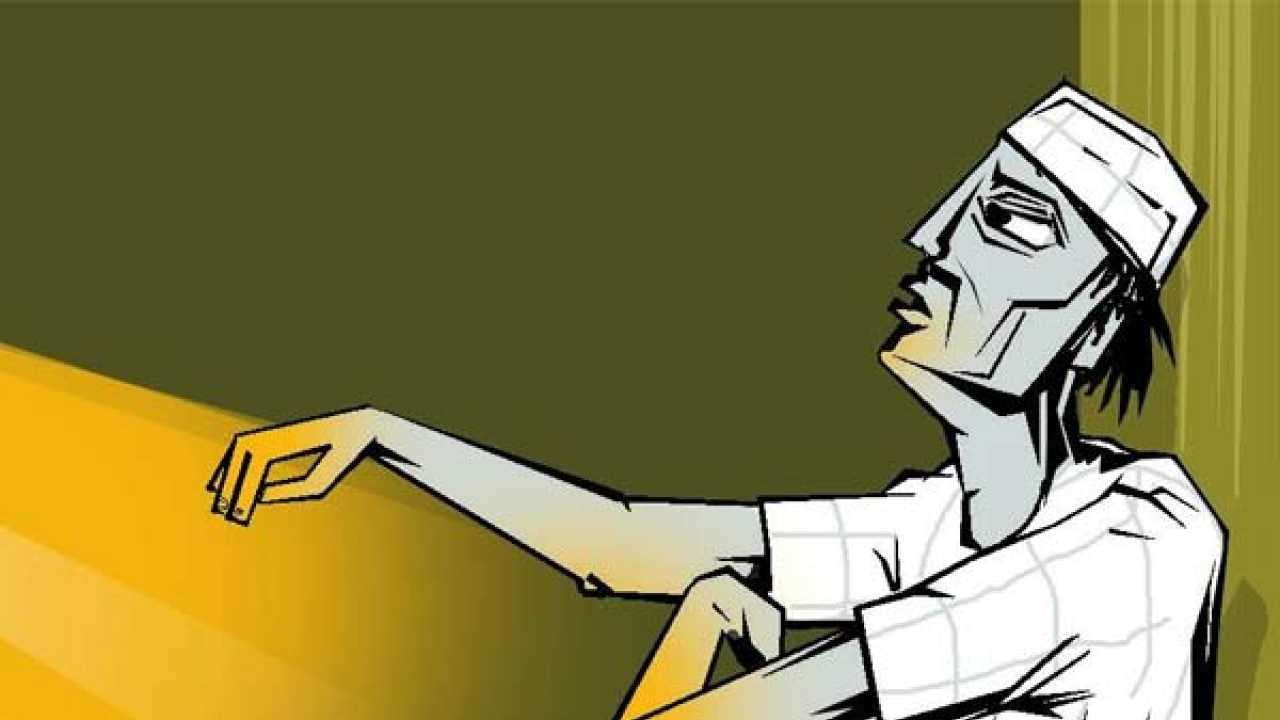
- Select a language for the TTS:
- UK English Female
- UK English Male
- US English Female
- US English Male
- Australian Female
- Australian Male
- Language selected: (auto detect) - EN
Play all audios:
WASHINGTON — Labor Secretary Elaine Chao is the only Cabinet member to serve during President Bush’s entire presidency, through nearly eight years marked by terrorism, Hurricane Katrina and
long-running wars, including ideological battles. But as the soft-spoken Chao’s tenure winds down, she finds herself defending her legacy amid criticism from labor groups and government
watchdogs who say the department has backed off of its vital regulatory functions during the Bush years. The Labor Department’s Occupational Safety and Health Administration has promulgated
many fewer safety rules than in the past. The Government Accountability Office issued two reports last summer criticizing Labor for its enforcement of wage and hour laws. The agency has also
been skewered for its enforcement of mine safety laws, and for imposing lower fines on firms found in violation of them. Chao brushes such critiques aside as political rhetoric. “This
department is probably the most partisan of all the departments,” she said. “I think people have very different worldviews about this department and about what is best for the workforce.”
She said that much of the criticism of her stewardship misses the big picture. “Our workers today [are] safer and healthier than they were eight years ago. The facts speak for themselves,”
she said in a recent interview. Rather than focusing solely on enforcement, Chao said her agency has taken a “strategic approach” to workers’ welfare that relies heavily on employer outreach
and education. The approach is often at odds with what many labor advocates promote, she said, but the results have been record-low injury and illness rates for employees. The agency also
boasts record recoveries of pay and pensions unfairly denied to workers, she said. “Together with our enforcement strategy has been a strategy of educational outreach,” Chao said. “We want
to make sure that workers know their rights and that employers know their obligations. That is the best way to protect workers.” Many labor advocates say the results could be even better if
the agency had taken a tougher approach toward employers. They also accuse Chao of using the agency’s regulatory power to hamstring organized labor with new financial reporting requirements
that unions call onerous. Chao defends those new rules as a protection for dues-paying union members. In any case, the approach to regulating the nation’s workplaces is sure to change once
President-elect Barack Obama takes office next month. Many labor advocates expect Obama’s choice for Labor secretary, Rep. Hilda Solis (D-El Monte), to be more aggressive in using the
agency’s enforcement powers. They also hope she will shift the balance to the interests of organized labor. “We’re confident that she will return to the Labor Department one of its core
missions -- to defend workers’ basic rights in our nation’s workplaces,” AFL-CIO President John Sweeney said after Solis was tapped by Obama. “She’s proven to be a passionate leader and
advocate for all working families.” Unlike Chao, Solis supports legislation that would make it easier for workers to unionize, something opposed by Bush’s Labor Department, which took the
position that such measures would dampen economic growth. “Unions are vital to the health and strength of our communities, and our workers are the bedrock of our economy,” Solis said last
year about the Employee Free Choice Act. “In this day and age when the number of women and new immigrants is increasing in the workforce, it is important that they become a part of the
American fabric, and one of the ways is to be a member of a union.” Chao -- who formerly led the United Way of America, worked at the conservative Heritage Foundation and served in the
administrations of Presidents Reagan and George H.W. Bush -- said that her approach to her job was framed not by ideology but by her experience as an immigrant from Taiwan. She arrived as an
8-year-old who spoke no English, but within a decade she was attending Mount Holyoke College and later Harvard Business School. “I knew so little about mainstream America and what services
were available,” she said. “I know what it is like to feel vulnerable and fearful during a difficult time.” To be sure, Chao is now part of the establishment. Married to Sen. Mitch McConnell
(R-Ky.), Chao says she plans to return to the nonprofit realm. Asked about the perils of serving in an administration that has been so unpopular, Chao turned philosophical. “We’re a robust
democracy here,” she said. “That’s the wonderful thing about this country. People can voice their different points of view. We are also a country where there will be criticism.” MORE TO READ





